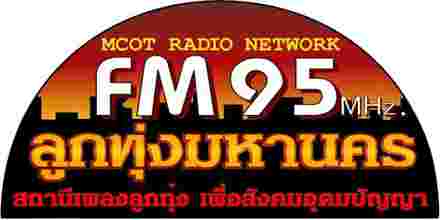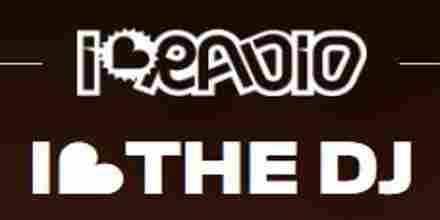DJing, short for disc jockeying, is an art form and music genre that has evolved significantly since its inception in the early 20th century. Initially, DJs were radio personalities who played recorded music on air, but the role transformed dramatically with the advent of dance music culture in the late 1970s and 1980s. Today, DJing encompasses a wide range of styles and techniques, making it a cornerstone of modern electronic music.
At its core, DJing involves selecting and playing recorded music for an audience, often at clubs, festivals, or other live events. The primary tools of the trade are turntables, mixers, and digital software like Serato, Traktor, or Rekordbox. These tools allow DJs to manipulate tracks in real-time, creating seamless transitions, loops, and remixes that keep the dance floor moving.
One of the most iconic techniques in DJing is beatmatching, where a DJ synchronizes the beats per minute (BPM) of two different tracks to create a smooth transition. This skill requires a keen ear and precise timing, as even slight mismatches can disrupt the flow of the music. Another crucial technique is mixing, which involves blending two or more tracks together using the mixer's crossfader and EQ controls. This allows DJs to create unique soundscapes and maintain a continuous musical journey for their audience.
Beyond these fundamental skills, many DJs incorporate additional techniques such as scratching, sampling, and effect processing. Scratching involves manipulating vinyl records on turntables to produce rhythmic sounds and textures, popularized by hip-hop DJs in the 1980s. Sampling allows DJs to extract short segments of audio from existing tracks and manipulate them using software or hardware samplers. Effect processing, including filters, delays, and reverb, adds depth and dimension to the mix, creating a more immersive listening experience.
The music played by DJs spans a vast array of genres, from house and techno to drum and bass, dubstep, and trap. Each genre has its unique characteristics and sub-genres, offering DJs a rich palette of sounds to work with. House music, for example, is known for its four-on-the-floor beat and uplifting melodies, while techno often features more minimalistic, repetitive patterns and a darker, industrial sound.
DJs also play a crucial role in shaping the direction of electronic music culture. They curate sets that reflect their personal tastes and influences, introducing audiences to new artists and tracks. Many DJs are also producers, creating their own original music and releasing it on labels or through streaming platforms. This dual role allows them to have a significant impact on the development of the genre.
The rise of digital technology has revolutionized DJing, making it more accessible than ever before. Software like Ableton Live and Native Instruments Traktor allow DJs to perform live using laptops and controllers, providing unprecedented flexibility and creativity. Streaming services like SoundCloud and Mixcloud have also made it easier for DJs to share their mixes with a global audience, breaking down geographical barriers and fostering a more connected community.
Despite these technological advancements, the essence of DJing remains rooted in the art of selection and performance. A great DJ knows how to read an audience, anticipating their reactions and adapting the set accordingly. They understand the emotional power of music and use it to create memorable experiences for listeners. Whether playing at a small underground club or a massive festival, the best DJs have the ability to transport their audience to another world through sound.
In recent years, DJing has gained mainstream recognition, with high-profile artists like Calvin Harris, David Guetta, and Tiesto achieving global stardom. These artists have brought electronic music into the spotlight, performing at major events like the Super Bowl halftime show and collaborating with pop stars on chart-topping hits. However, the true heart of DJing lies in the underground scene, where innovative sounds and cutting-edge techniques continue to emerge.
The future of DJing looks bright, with new technologies and genres constantly pushing the boundaries of what is possible. From AI-driven music generation to immersive virtual reality experiences, the possibilities are endless. As long as there is a desire for shared musical experiences, DJing will continue to evolve and thrive, remaining an essential part of modern culture.
Whether you're a seasoned club-goer or a newcomer to electronic music, exploring the world of DJing offers a wealth of sonic adventures. From the pulsating beats of house to the mind-bending textures of experimental techno, there is something for everyone in this vibrant and ever-changing genre. So, grab your headphones, turn up the volume, and let the music take you on a journey you'll never forget.
 1.3k
1.3k
 1
Italy Dj
1
Italy Dj 720
720
 2
France, Bordeaux Dj 256 kbps MP3
2
France, Bordeaux Dj 256 kbps MP3 635
635
 1
Colombia, Bogotá Dj
1
Colombia, Bogotá Dj
























